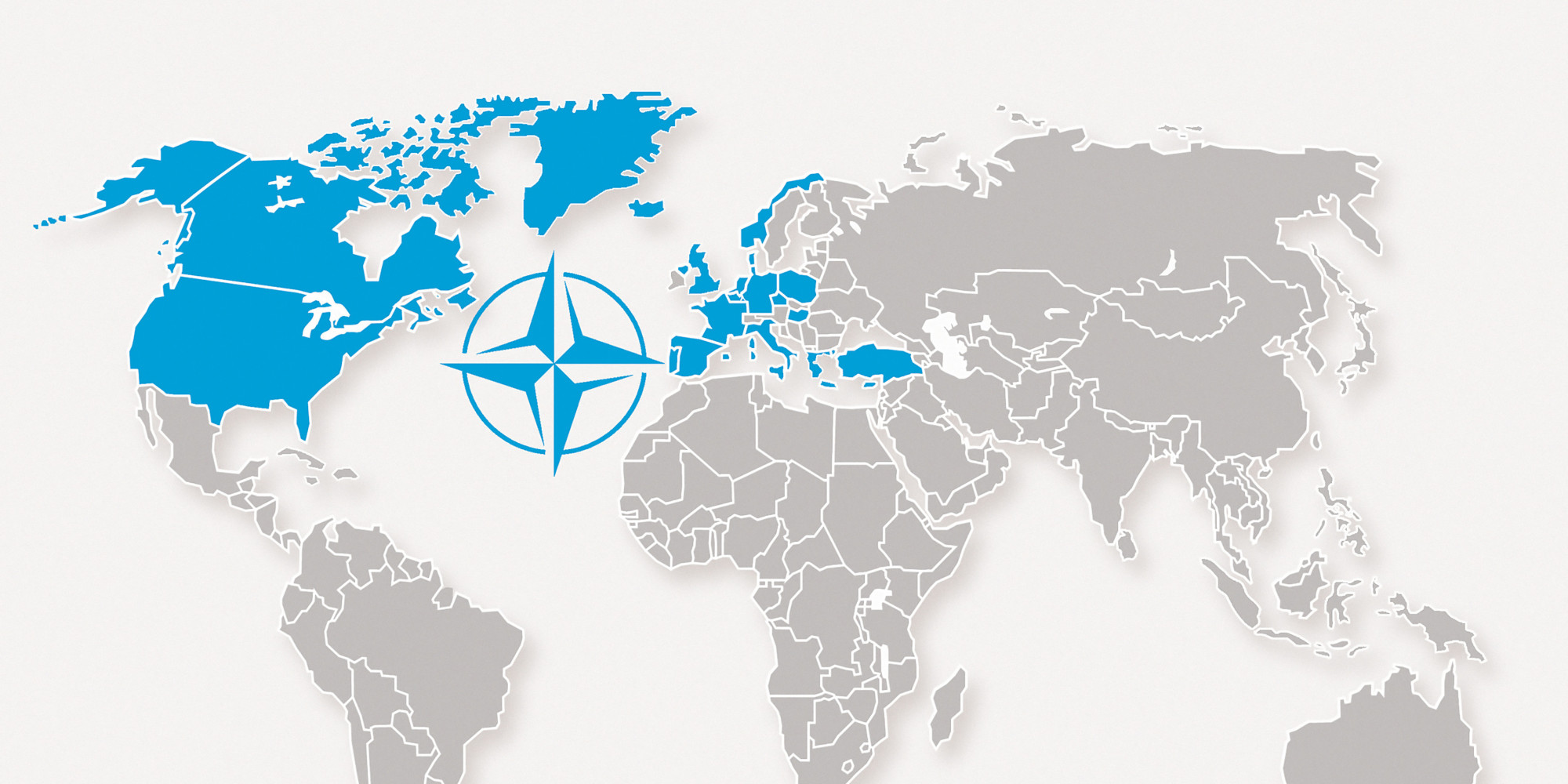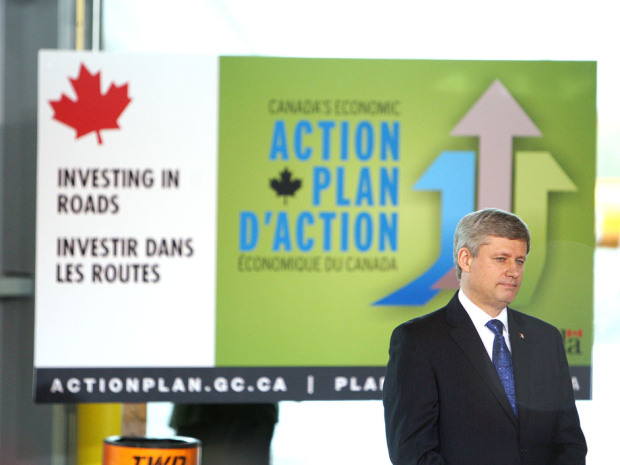By: Rodnie Allison
In what can only be considered an unprecedented rupture in Canada-US cooperation on energy policy, last week’s formal repudiation of the Keystone XL expansion project will have significant implications for energy security, and wider continental relations writ large. According to the former president and CEO of the C.D. Howe Institute, Jack Mintz, the Canada-US relationship is now at its lowest point since the signing of NAFTA some 25 years ago.
Considering the state of global energy markets, instability inherent to Middle East producers and North America’s subsequent vulnerability, there has rarely been a more pressing time to invest in infrastructure that advances North American energy security.
Energy security is defined as a reasonable degree of assurance that a prolonged supply disruption will not occur, or if it does occur, its impact will be tolerable. The OECD estimates that a sustained $10 per barrel increase in oil prices will reduce real GDP in industrialized countries by 0.5 percent. And with over 90 percent of all proven reserves outside OPEC underneath Canadian soil, Canada is in a unique position to provide energy stability within North America.
“It [the denial of Keystone XL] certainly introduces new uncertainties into the economic relationship,” said David Pumphrey, deputy director of the energy and national security program at the Center for Strategic and International Studies. “This is a cornerstone of economic development for the country [Canada].”
The National Energy Board projects Canadian crude oil production to grow at an average annual rate of 2.8 percent, eventually reaching 3.8 million barrels per day by 2020. With proven reserves of 27.5 billion cubic metres (173 billion barrels), the incentive to intensify production is unrelenting. A powerful combination of expanding Asian markets, increasing demand from the US, and royalty implications for beleaguered federal and provincial budgets continue to drive development.

In 2010, the United States imported 2 million barrels per day of Canadian crude oil (22 percent of total U.S. imported crude), including just over a million barrels per day from Canada’s oil sands. If completed as designed, the Keystone XL project would have increased the capacity of the wider Keystone pipeline system from 591,000 barrels per day to approximately 1.1 million barrels per day. Without the project the North American market will be forced to rely on other forms of transport including tankers, trucks, and rail. In the short term, these transport options may be more expensive, less efficient, and less environmentally sound.
Given the geopolitical realignment that inevitably follows comprehensive energy agreements, the question remains: whose interests are strengthened with the termination of this project? Are Canadian interests served by shifting our reliance to actors whose interests may be incongruent with that of our own? Or more importantly, are continental security interest being served by a reliance on a multitude of sordid regimes for as much as 9.8 million barrels of petroleum products per day?
These questions lead one to believe that the final judgment on the Keystone project is yet to come. Simply put, the salience of continental security matters and the strategic role of energy in the US economy make a significant shift in energy policy hard to comprehend. Together, TransCanada’s reputation (currently responsible for 59,000 kilometres of pipeline in North America) combined with the State Department’s assertion that the Keystone project would have a “degree of safety greater than any typically constructed domestic oil pipeline system” indicate that the cancellation of this project may, in fact, be more of a delay.
Further Readings:
State Department Environmental Impact Statement for the Proposed Keystone XL Project, How dependent are we on foreign oil?, NEB: Canada’s Energy Future to 2035, TransCanada Keystone Project, BP World Energy Report
Disclaimer: Any views or opinions expressed in this newsletter are solely those of the authors and the news agencies and do not necessarily represent those of the NATO Council of Canada. This newsletter is published for information purposes only.



